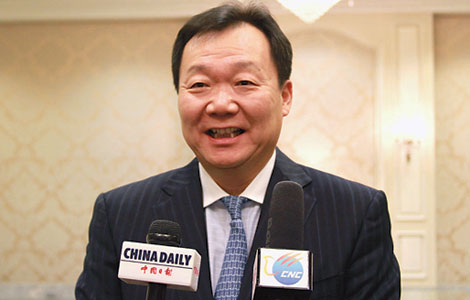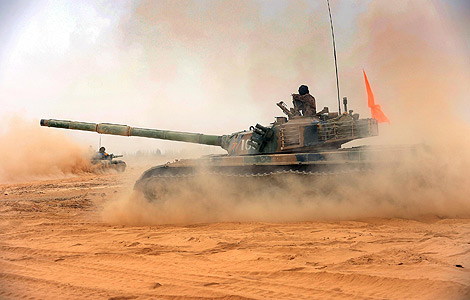UN begins 10-day talks on conventional-arms treaty
Updated: 2013-03-20 02:54
By Pu Zhendong (China Daily)
|
||||||||
First global attempt to regulate international trade worth $70 billion
Representatives from almost 200 United Nations member states have gathered in New York City to hammer out a binding international treaty that will end unregulated sales of conventional arms.
If approved, the treaty will become the first global attempt to regulate the world's $70 billion trade of all conventional weapons.
UN Secretary-General Ban Ki-moon called for a pact that "regulates international transfers of both weapons and ammunition and provides for common standards for exporting states", Reuters reported.
"These standards are important for assessing the risks that transferred weapons are not used to fuel conflict, arm criminals or abet violations of international humanitarian or human rights law," he said.
China on Tuesday applauded the move, with Foreign Ministry spokesman Hong Lei saying that "Beijing expects that all parties will work jointly to achieve a practical and widely accept the treaty. China has been participating in the negotiations on arms-trade regulation in an responsible and constructive manner".
China recognizes the many problems caused by the illegal trade of conventional arms, and it supports arms trade in a reasonable and appropriate way, Hong added.
The UN General Assembly voted in December to resume negotiations after a drafting conference in July 2012 collapsed when the United States, followed by Russia and China, requested more time.
Experts said the outcome of the 10-day negotiation session is hard to predict because the consent of all the member states is needed to pass the treaty.
The negotiations are expected to be difficult as some European nations seek a high threshold and strictly binding treaty, a condition that major arms-trade nations may object to, said Guo Xiaobing, deputy chief of the Institute of Security and Arms Control Studies under the China Institutes of Contemporary International Relations.
"US attitudes concerning the ammunition trade and its domestic policy on gun administration pose an unknown variable in the success of the negotiations," Guo said.
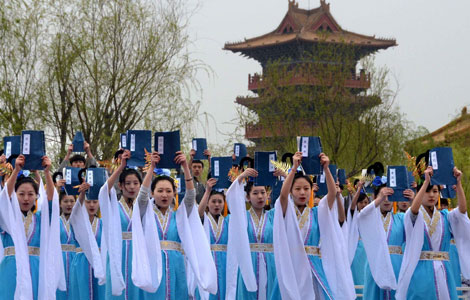
 Qingming Cultural Festival opens in C China
Qingming Cultural Festival opens in C China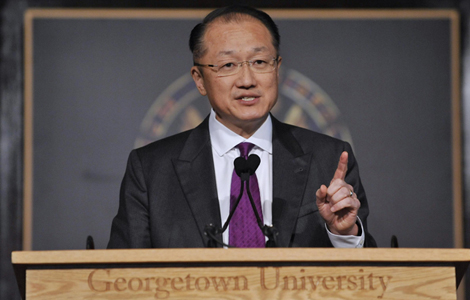
 World Bank seeks end to extreme poverty by 2030
World Bank seeks end to extreme poverty by 2030
 World Trade Center rises again
World Trade Center rises again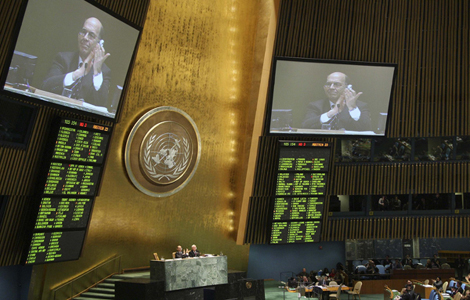
 UN General Assembly approves Arms Trade Treaty
UN General Assembly approves Arms Trade Treaty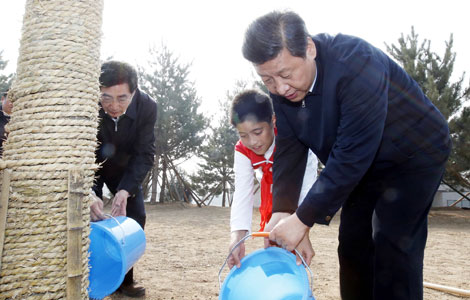
 Xi gives green light for planting
Xi gives green light for planting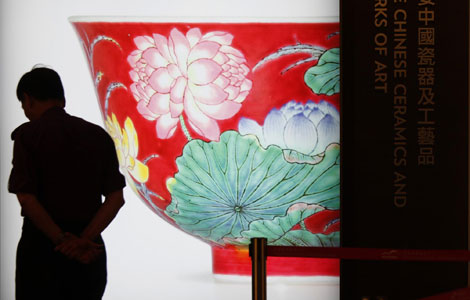
 Sotheby's to hold Spring Sale in HK
Sotheby's to hold Spring Sale in HK
 Cities urged to step up drainage improvements
Cities urged to step up drainage improvements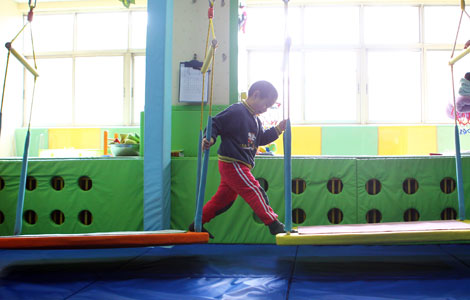
 Opening up on autism
Opening up on autism
Most Viewed
Editor's Picks

|
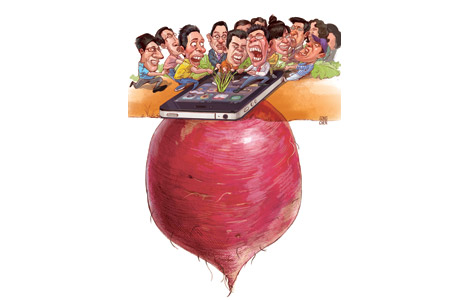
|
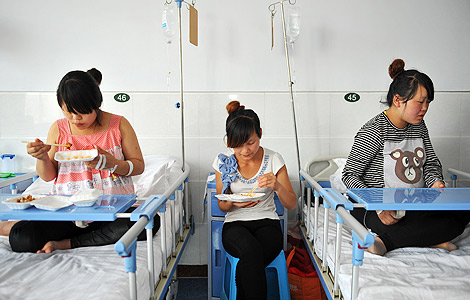
|

|

|
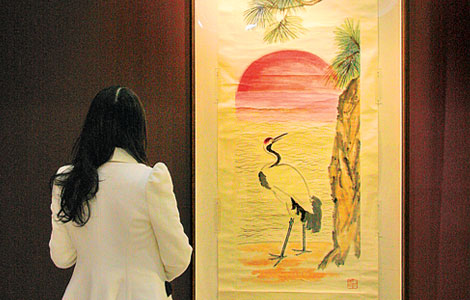
|
Today's Top News
China, US to deepen military ties
BYD to build electric bus assembly plant
Chinese becoming US citizens decline
Beijing calls for DPRK talks
Kerry reaffirms defense commitment to ROK, Japan
Caroline Kennedy may be US envoy to Japan
New Chinese Ambassador arrives in US
Apple revises warranty terms
US Weekly

|

|

